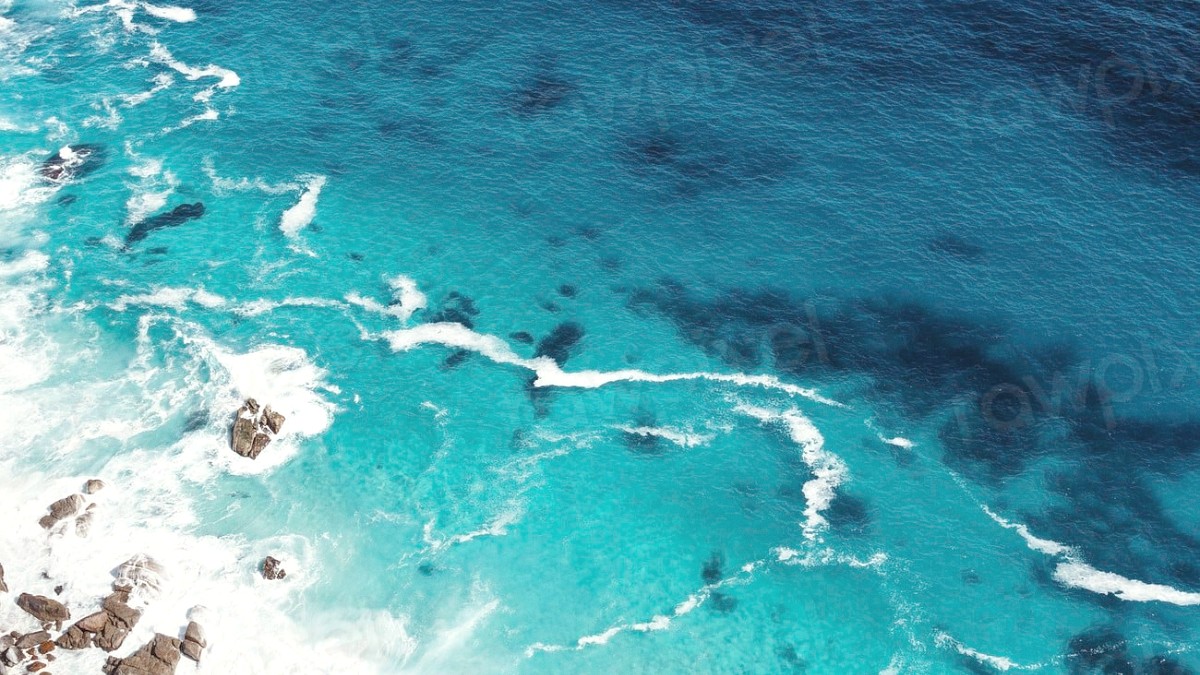
South Africa
South Africa has four main mobile network providers: Vodacom, MTN, Cell C, and Telkom. Vodacom and MTN generally deliver wide coverage and reliable service. SIM cards are available at the airport, major shopping malls, or mobile provider stores.
South Africa has 11 official languages. In Port Elizabeth and other major cities, English is widely spoken and understood, notably in tourist areas. IsiXhosa and Afrikaans are common local languages in the Eastern Cape.
Shops and retail stores generally operate Monday to Friday, 9:00 AM to 5:00 PM or 6:00 PM. On Saturdays, they typically close earlier, around 1:00 PM or 2:00 PM.
South Africa observes numerous public holidays. During these times, banks and government offices close. Many businesses may operate on reduced hours or close entirely.
A simple "Enkosi" (thank you in isiXhosa) goes a long way in showing appreciation and building positive rapport with locals.
Accessibility for travelers with mobility challenges is an evolving area in Port Elizabeth, with ongoing improvements but also inconsistencies.
Newer developments like malls and modern hotels typically design with better accessibility features (ramps, elevators, accessible restrooms).
Older buildings, historical sites, and much public transport may pose challenges due to stairs, uneven surfaces, or a lack of ramps.
Public bus services and minibus taxis are generally not wheelchair accessible. Pre-arranged private transfers are the best option.
The Boardwalk entertainment complex, major shopping malls (like Greenacres, Baywest), and parts of Addo Elephant National Park (main camp facilities, some viewing decks, adapted game drive vehicles) are typically accessible.
Information on specific services for travelers with visual or hearing impairments can be limited. It is advisable to inquire directly with venues about their provisions.
When planning an accessible trip, detail your specific needs clearly in all communications with service providers to ensure proper accommodation.
A handshake is a common form of greeting in South Africa. Maintain eye contact. When addressing elders or those in positions of respect, use titles like "Molo, Mama" (Hello, Mother) or "Molo, Tata" (Hello, Father) as a sign of deference.
South Africa generally adheres to a casual dress code. For daily wear in urban and tourist areas, comfortable and relaxed clothing is suitable.
Tipping 10-15% for good service is standard in restaurants. It is also customary to tip petrol attendants and car guards.
Always ask for permission before taking photographs of people, especially in townships, rural villages, or informal settlements. Respect their privacy.
Port Elizabeth's accessibility for travelers with mobility challenges is continuously advancing, yet some inconsistencies persist.
Newer developments like major shopping malls, modern hotels, and updated attractions generally prioritize accessibility features. Older buildings, historical sites, and public transport infrastructure might present challenges.
Information on specific services for travelers with visual or hearing impairments can be limited. Direct inquiry with venues about their provisions is advisable.
A handshake is a common form of greeting. Maintain eye contact. When addressing elders or those in positions of respect, use titles like "Molo, Mama" or "Molo, Tata" as a sign of deference.
South Africa generally has a casual dress code. For daily wear in urban and tourist areas, comfortable and relaxed clothing is suitable.
Tipping 10-15% for good restaurant service is standard. This practice is common across the country.
It is customary to tip petrol attendants (R5-R10) and car guards (R5-R10) for their service.
Always ask for permission before taking photographs of people, especially in local communities. Respect their privacy and decisions.